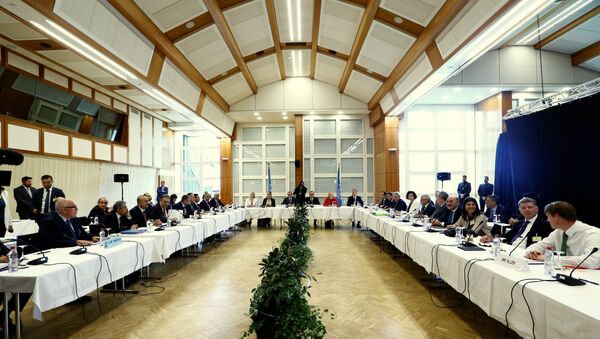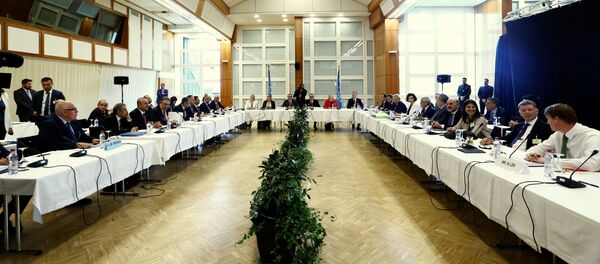According to Theophanous, "the Greek side wanted to discuss other forms of security arrangements," including topics like political equality and rotating presidency, but "Turkey didn't follow up as expected."
The failed talks showed that Turkey was reluctant to make concessions to Greece, while the Greeks, on the contrary, were more eager to meet Turkish requirements. Answering the question about possible explanations of Turkish unwillingness to compromise, Theophanous said:
"[Several] months ago, when expectations were even higher, we analyzed Turkish policy on Cyprus and we did not see anything that would suggest that Turkey would give up its objective to maintain strategic control on the island. So, that is the major reason why the negotiations failed," the expert said.
"Perhaps, there is also an issue with President Erdogan facing presidential election in less than two years. Perhaps, he would not like to go on arrangement in which he thinks he is making serious concessions. That's another consideration that we can't ignore," he added.
At the same time, Turkish Prime Minister Binali Yildirim on Friday put the blame for the failure of Cyprus reunification negotiations on the Greek side, accusing it of a non-constructive approach to the settlement of the crisis.
Cyprus has been partitioned since 1974, when Turkey occupied the island's northern part, later proclaiming the region the Turkish Republic of Northern Cyprus (TRNC). Turkey maintains a military presence in TRNC, which is only recognized by Ankara as an independent state. The UN-brokered talks on the reunification of long-divided Cyprus have been going on for years and were resumed in May 2015.



